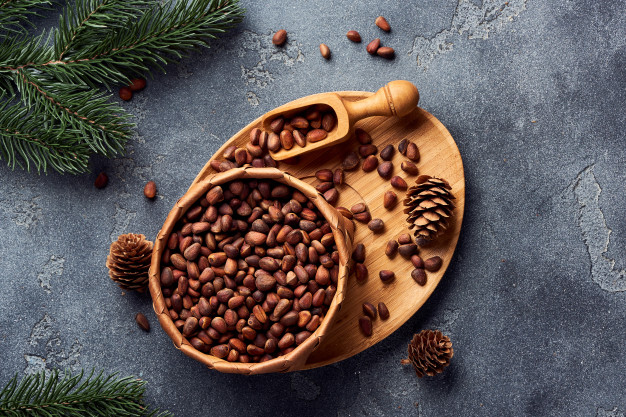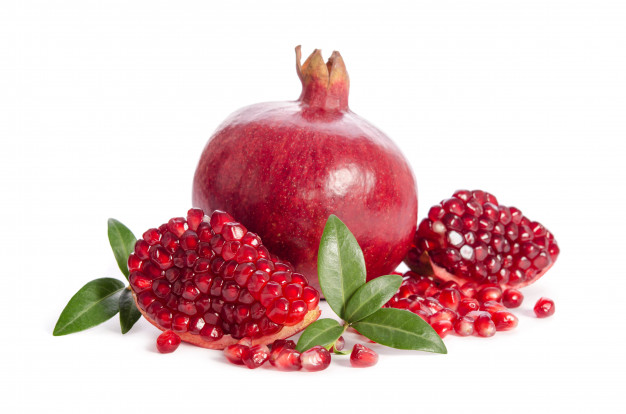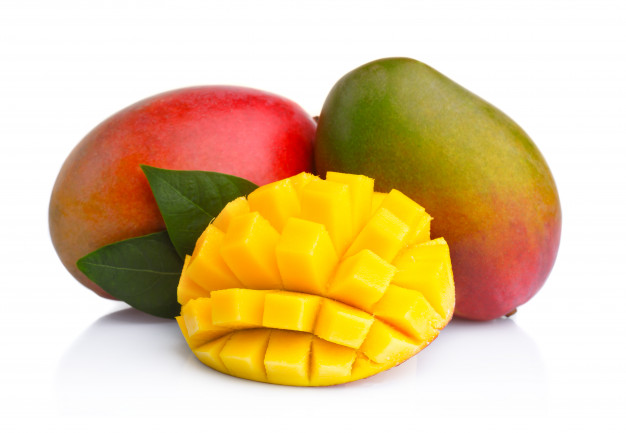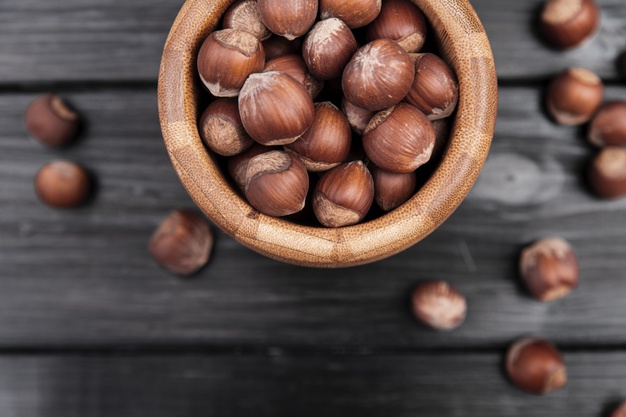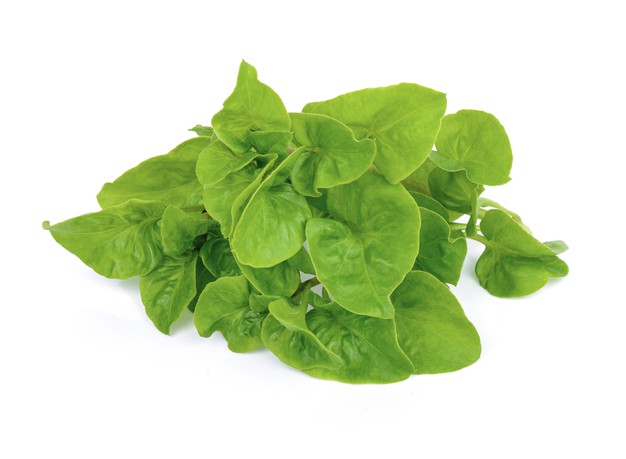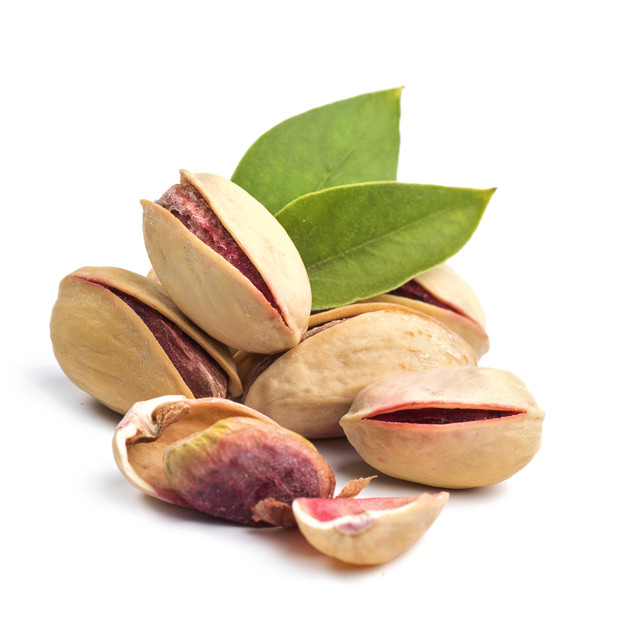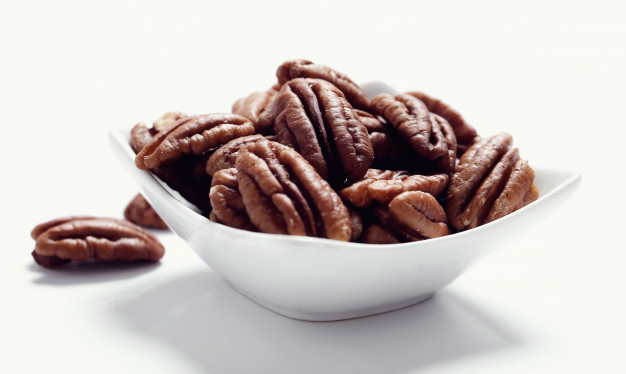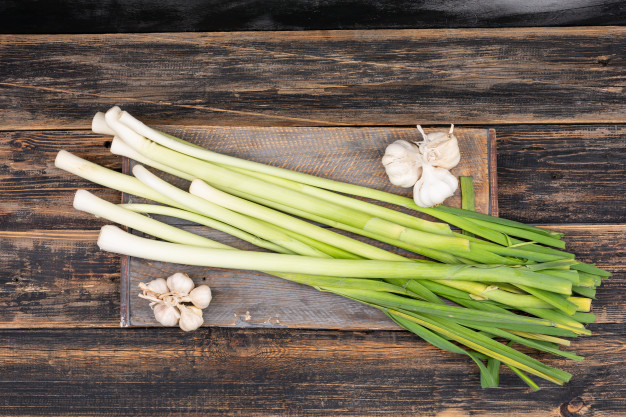Pine nut is the edible nutritious seed of pine tree. It is very much appetizing as well as delicious. It is packed with various imperative nutrients that offer numerous health benefits.
Nutritional overview
- It contains desirable amount of carbohydrate and dietary fibre
- It contains protein as well
- It contains significant amount of fat. It contains both saturated and unsaturated fatty acid in a suitable proportion hence this nut is considered as a food with healthy fat. It does not contain any cholesterol and trans fatty acid
- It contains several vitamins such as Vitamin A, Vitamin E, Vitamin K, Vitamin C, Vitamin B1, B2, B3, B5, B6 and B9
- It also contains numerous important trace elements, which include calcium, phosphorus, iron, zinc, magnesium, potassium, manganese, selenium and copper
- It contains various bioactive compounds like phytosterol, caffeic acid, pinolenic acid and several important phenolic compounds, which help to make the nut healthier
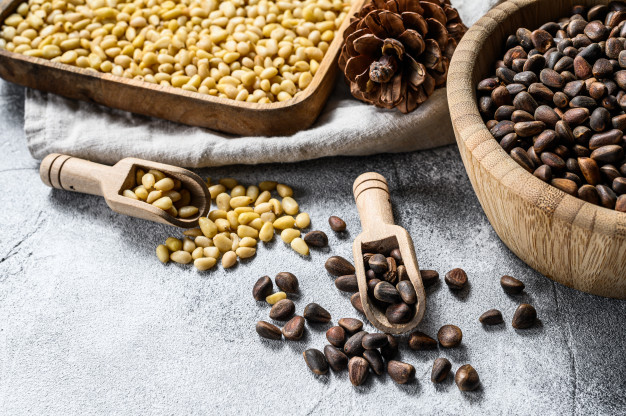
Health benefits
Role on immunity
- It plays significant role in enhancing immunological responses of the body as it contains two most important immune boosting trace elements zinc and manganese
- It helps to increase the number of T-cells, which is closely associated with improving immune health
- It helps to enhance the functionality of white blood corpuscles that play imperative role in destroying invading pathogens
- It is also related with strengthening the connective tissues of body, which helps in rapid wound healing

Role on nervous system
- It plays significant role in improving the growth and function of central and peripheral nervous system
- It helps to protect nerve cells from oxidative and inflammatory damages that also promotes their functionality
- It is a good source of iron, which is essentially required for the synthesis of hemoglobin that helps to supply oxygen to the body hence to the brain. Sufficient supplying of oxygen to brain significantly improves its activity
- Its magnesium content is also very helpful for preventing depression, anxiety and stress
Role on skeletal system
- Its calcium, phosphorus and Vitamin K contents are responsible for promoting the growth and development of skeletal system of body
- It plays significant role in promoting healthy bone formation
- It also helps to improve the strength of bone, which ultimately helps to reduce the risk of bone fractures
- It is closely related with enhancing bone mineral density hence significantly improves bone mass
- Its consumption is extremely useful for reducing the prevalence of osteoporosis
Role on eye healthy

- Consumption of pine nut is very much beneficial for improving eye health
- Its lutein and zeaxanthin contents are responsible for improving vision
- Its antioxidant activity is also accountable for protecting the eye especially the retina from free radical induced oxidative damages and helps to decrease the prevalence of eye disorders
- It acts as an effective preventive measure for glaucoma and macular degeneration
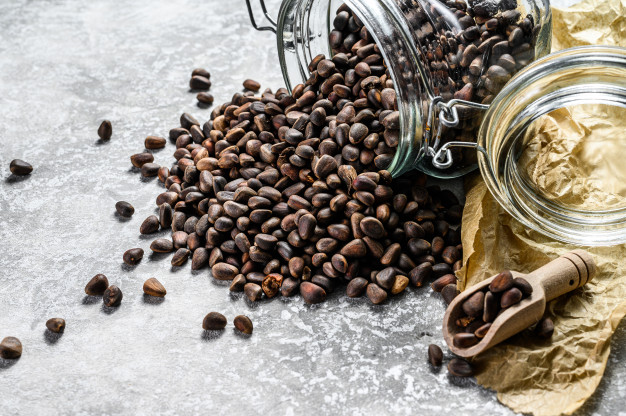
Role on skin
- Its vitamins, minerals and antioxidant components are considered as the chief components responsible for promoting skin health
- Individual with sensitive skin can easily consume pine nut as it is suitable for sensitive skin and also extremely helpful for skin care
- It is associated with moisturizing the skin
- Individual with dry skin can include pine nut in their diet as it plays significant role in hydrating the skin
- It also helps to protect the skin from oxidative damages and prevents ageing
- Pine nut oil is extensively used in massage therapy due to its healing property and it is also used as an important remedial action for various skin disorders like eczema, itching, pimples, psoriasis, sores and scabies
Role on hair
- It helps to promote hair growth
- It contains significant amount of Vitamin E, which helps to keep the scalp in superior condition hence improves hair quality by providing a strong base to hair for proper growth
- It helps to prevent thinning of hair as well
- It also inhibits hair loss
- Protein contents of pine nut plays significant role in protecting the hair from damages and also helps to keep the hair strong, lustrous and healthy

Therapeutic advantages
- It plays vital role in maintaining the hormonal balance of the body
- Zinc component of pine nut is responsible for activating various enzymes hence helps in cellular metabolism
- Its consumption is very effective for preventing insomnia as it contains adequate amount of magnesium, which is accountable for providing a calming effect to the body that induces good sleep
- It is also a healthy choice for diabetic patient. Its unsaturated fatty acid contents are responsible for enhancing insulin sensitivity, which helps to decrease the concentration of free glucose in blood hence reduces glycemic load
- It plays significant role in weight management as well. It has seen that pinolenic acid component of pine nut is associated with secreting cholecystokinin (a hormone) within intestine, which is responsible for reducing hunger. As a result it decreases food intake hence facilitates weight reduction. Its fibre content also helps in weight reduction
- Its consumption is very effective for promoting cardiac health and functionality as it contains several cardio protective elements like fibre, antioxidants, micronutrients, healthy fats (PUFA and MUFA) and plant sterols
- Consumption of pine nut is awfully beneficial for preventing general weakness or fatigue as its protein, iron, magnesium and MUFA contents are responsible for increasing the energy level
- Its Vitamin K content plays significant role in blood coagulation process hence helps to prevent excessive bleeding after any injury
- It also helps to decrease blood cholesterol concentration hence reduces the risk of developing atherosclerosis and coronary artery diseases. It has seen that its phytosterol content plays imperative role in reducing the concentration of LDL (bad cholesterol) in body
- Its magnesium content acts as potent anti-carcinogenic substance and helps to reduce the susceptibility of several types of cancers especially pancreatic cancers

General consideration of using Pine nut
- It is better to consume bright brown pine nut with uniform and compact size
- It is better to avoid the consumption of small and rancid pine nut
- It is wise to purchase heavy and crack free pine nut for consumption
- It is better to store pine nuts in a cool and dry place that helps to improve their shelf life
- It can be consumed raw or can also be consumed sweetened or roasted
- It can also be used for the preparation of biscuits, chocolates, cookies and crunchy energy bars
- It can sprinkled on fruits or vegetable salads before consumption
- It can be used for preparing various desserts
- Confectionary based recipes can also be prepared with pine nuts
- Roasted pine nut can be added to fruit smoothies or protein bars or it can also used as salad dressing
- It can be used for preparing various fish and poultry recipes. It is responsible for providing a nutritious as well as scrumptious coating to fish or chicken that can be pan fried or deep fried or baked

Risk factors
Pine nut is one of the most nutritious food stuffs, which should be incorporated in regular diet for obtaining a better health but it should be kept in mind that it can cause severe allergic reaction in some individual. Individual who are allergic to nut should avoid its consumption.
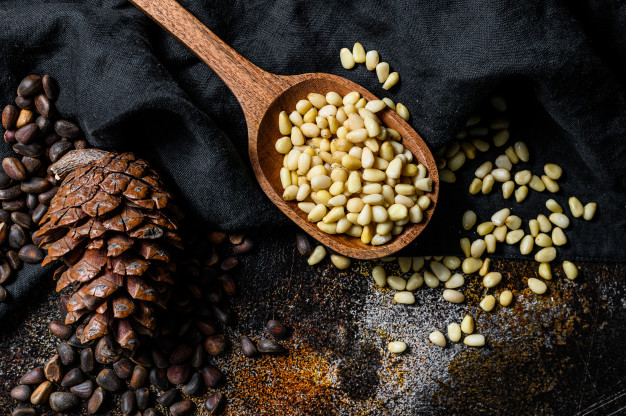
Source:
Babich, O.O., Milent'Eva, I.S., Ivanova, S.A., Pavsky, V.A., Kashirskikh, E.V. and Yang, Y., 2017. The potential of pine nut as a component of sport nutrition. Foods and Raw materials, 5(2).
Cabanillas, B. and Novak, N., 2015. Allergic reactions to pine nut: A review. J Investig Allergol Clin Immunol, 25(5), pp.329-333.
Lutz, M., Álvarez, K. and Loewe, V., 2017. Chemical composition of pine nut (Pinus pinea L.) grown in three geographical macrozones in Chile. CyTA-Journal of Food, 15(2), pp.284-290.
Pasman, W.J., Heimerikx, J., Rubingh, C.M., van den Berg, R., O'Shea, M., Gambelli, L., Hendriks, H.F., Einerhand, A.W., Scott, C., Keizer, H.G. and Mennen, L.I., 2008. The effect of Korean pine nut oil on in vitro CCK release, on appetite sensations and on gut hormones in post-menopausal overweight women. Lipids in Health and Disease, 7(1), p.10.
Xie, K., Miles, E.A. and Calder, P.C., 2016. A review of the potential health benefits of pine nut oil and its characteristic fatty acid pinolenic acid. Journal of Functional Foods, 23, pp.464-473.
Zuleta, A., Weisstaub, A., Giacomino, S., Dyner, L., Loewe, V., Del Río, R. and Lutz, M., 2018. An ancient crop revisited: chemical composition of Mediterranean pine nuts grown in six countries. Italian Journal of Food Science, 30(1).
